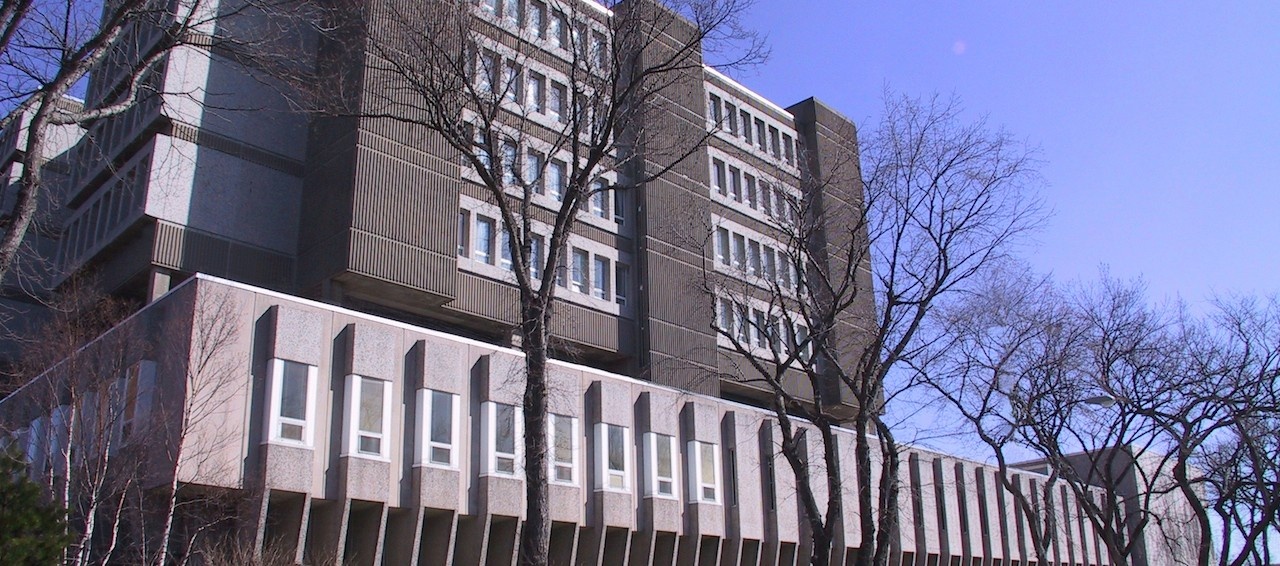Fellowship Training
Developing expert skills
Director: Dr. Alexandra Manning
The Department of Psychiatry at Dalhousie University is offering training in several different areas of psychiatry, which include:
The position consists of clinical, research, and teaching components and can be tailored to meet the specific needs of the fellow.
Conditions for application:
- Applicants must have (or be in the process of getting) their FRCPC in psychiatry.
- Applicants must be eligible for a full medical license in Nova Scotia.
- Applicants must be able to practice full time, starting July 1 of the year in which training will start.
A limited number of positions funded by the Department of Psychiatry are available annually. Positions will be remunerated at a PGY-6 level salary. Applications supported by external funding sources will also be considered.
Interested physicians should review the details of the available fellowships. For additional application information please contact the education coordinator. Applications for 2024 are due Oct. 31, 2023.
We ask that all future applications sent to Dalhousie University follow this criteria.
Questions?
Petra Corkum
Postgraduate Education Coordinator
5909 Veterans' Memorial Lane, 8th Floor, Rm. 8205
Abbie J. Lane Memorial Building
QEII Health Sciences Centre
Halifax, NS B3H 2E2 CANADA
Tel: 902-473-7122
Fax: 902-473-4887
Email: Psych.Postgrad@dal.ca
